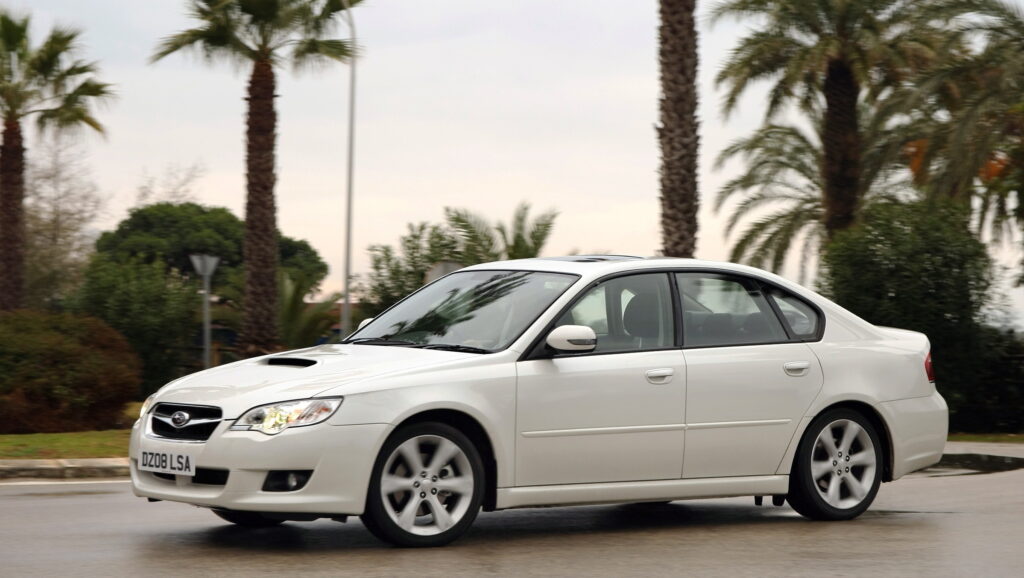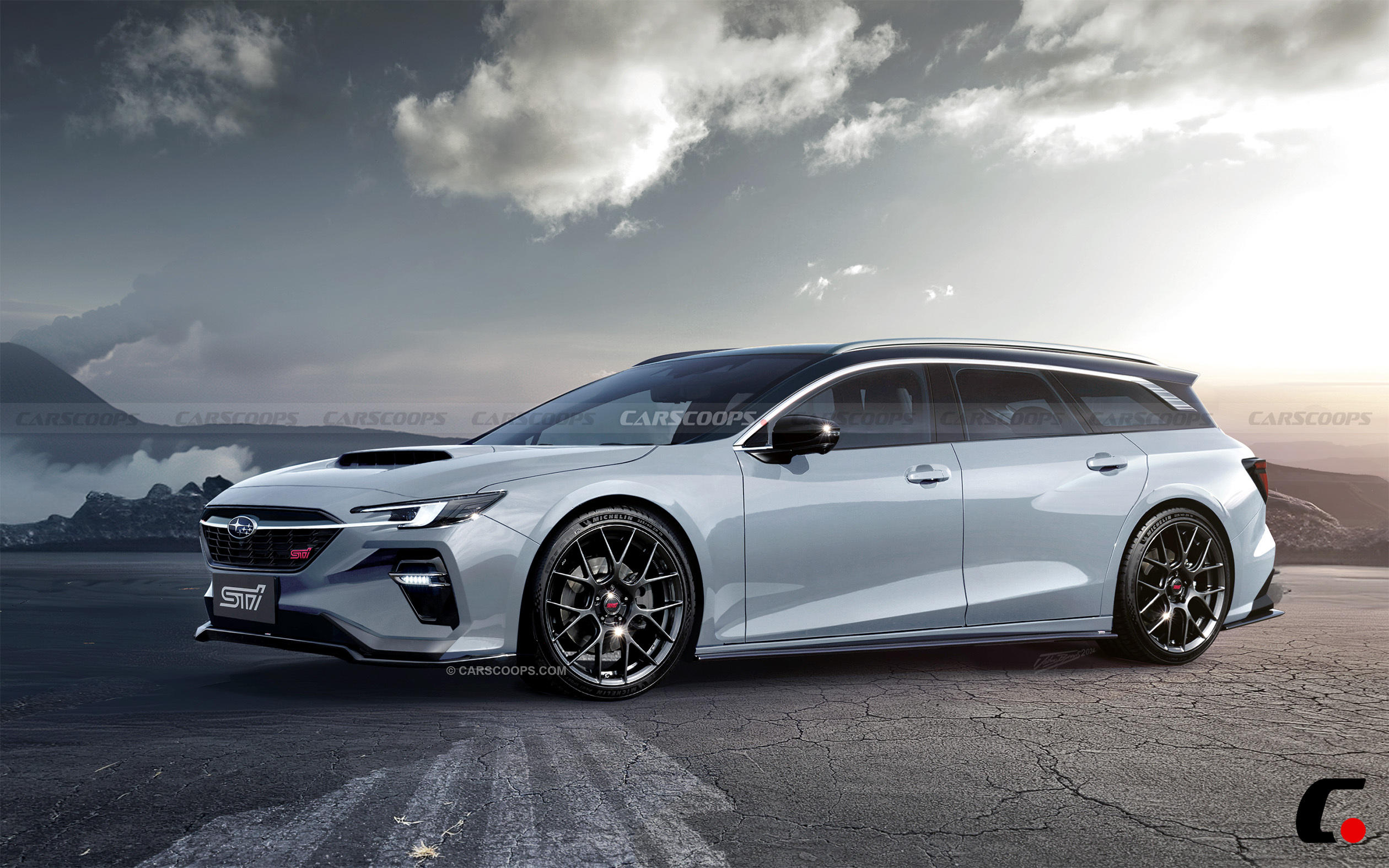- The Subaru Legacy’s demise marks another blow to mid-size sedans in an SUV-dominated market.
- Despite its heritage, the Legacy struggled to keep up with changing market demands.
- A potential revival should focus on performance, handling, and all-wheel drive to recapture its glory.
As recent news of the Subaru Legacy’s retirement after the 2025 model year sinks in, it prompts reflection on what could have been if the Japanese automaker had invested more deeply in the nameplate that has served duty since 1989.
It’s crucial to understand the current market conditions have not been favourable for mid-size sedans. The Ford Fusion has ceased production, the Mazda6 has gone, Honda’s Accord is facing challenges, and GM recently announced the discontinuation of the Malibu.
Future Cars: What If Chevy Revived The 2028 Malibu As An Electrified Sports Sedan?
These factors, combined with the shift in consumer preferences towards SUVs and crossovers, contribute to the context of the Legacy’s demise.
Where did it all go wrong?

For Subaru enthusiasts, the news comes as a bitter (albeit expected) blow. After all, it could be argued that the Legacy had been on a downward trajectory since the much-revered 4th-generation car that served duty between 2003 and 2009 (as a previous JDM-spec 2.0-litre GT owner, I may be somewhat biased).
The subsequent fifth-generation Legacy underwent a transformation, and not for the better. In sedan form, it was a study in awkward proportions, and the wagon, available in Japanese, European, and New Zealand markets, was, to put it kindly, unappealing. The sixth-Generation Legacy sedan attempted to recapture the essence of its predecessors, but the higher-riding Outback replaced the standard-format wagon.
More: Everything We Know About The 2027 Acura TLX Sedan
While the current car is commendable enough, it lacks the flat-six, six-speed manual magic its predecessors were known for and the earlier rallying pedigree that helped Subaru and Colin McRae win Rally New Zealand in 1993. These unique traits that once set the Legacy apart would be vital to any revival.
Competitors have also eaten into the all-wheel-drive DNA that made the Legacy unique. For example, Toyota will sell you a 232 hp (173 kW), 50 mpg AWD hybrid Camry, and the Kia K5 and Hyundai Sonata offer four-paw traction. Unless you were a Subaru loyalist, buyers understandably went elsewhere in a climate where fuel economy is now paramount.
Bringing back the magic
Illustrations Josh Byrnes / Carscoops
If Subaru ever had a change of heart, what would be the ultimate formula to ensure the much-loved mid-sizer had a much better fighting chance?
Our vision portrays a sleek sports tourer in Spec-B STI guise. It has frameless windows, ground-hugging proportions, and a front-end graphic similar to the current WRX. A full-width DRL bar, hood scoop, and front splitter emphasize a go-fast look, while the rear sports wraparound tailgate glass, quad exhausts, and smoked LED taillamps.
Future Cars: Ford’s 2025 Baby SUV Is Going Upscale
Inside, the emphasis should ideally be on a driver-focused cockpit with premium materials, Alcantara sports seating and class-leading infotainment and connectivity features.
Powertrain-wise, it would ideally employ an all-new 340 hp 2.4-litre turbocharged four and a large-capacity 3.8-litre flat six, utilizing Subaru’s recently announced series-parallel hybrid technology in conjunction with an 8-speed ZF-sourced automatic or six-speed manual transmission.
Bilstein adaptive damping, six-pot calliper brakes, active torque vectoring, underbody aero and Michelin Pilot Sport 5 tires would enhance the handling equation, as would front and rear strut tower cross bracing to improve torsional stiffness.
So, that’s our vision of what a Subaru Legacy should be; what’s yours? We’d love to hear your thoughts in the comments below.















